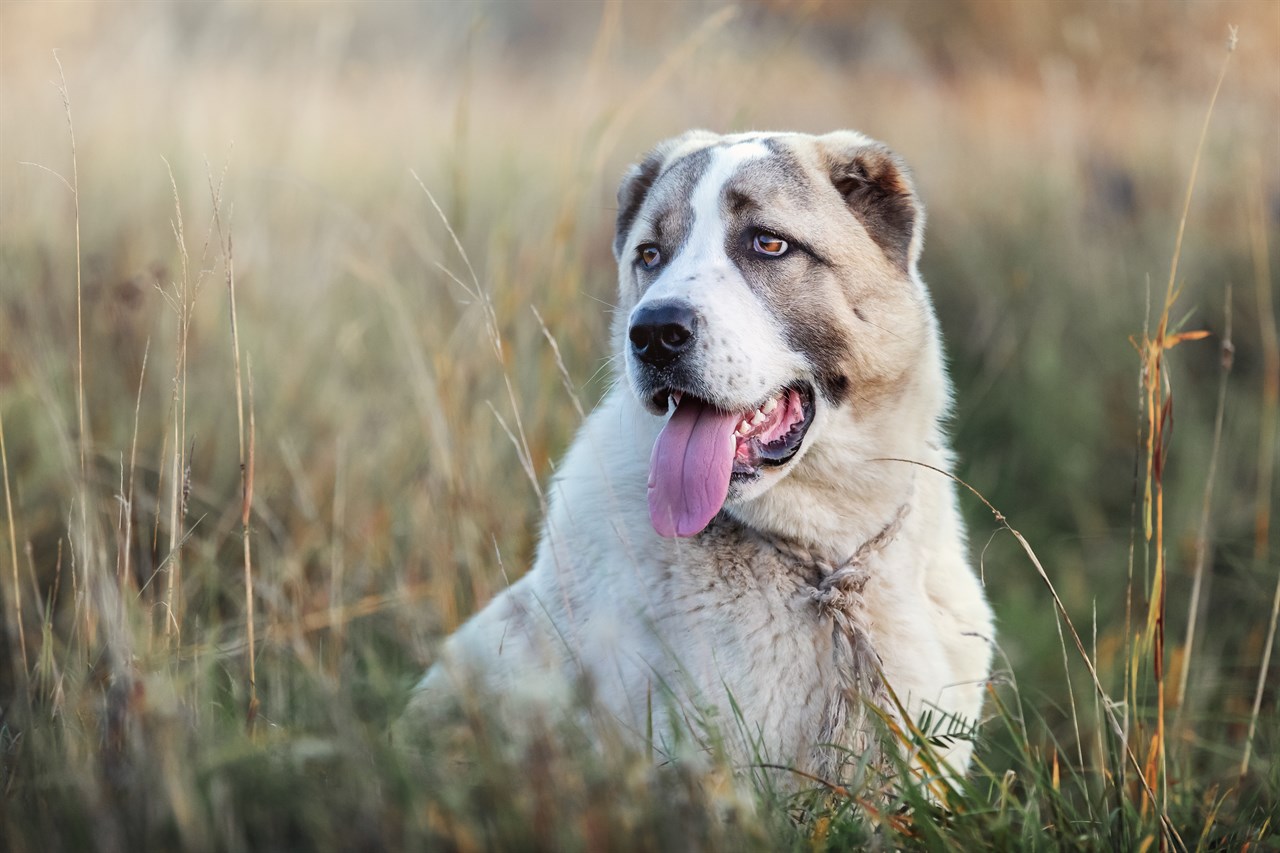Central Asian Shepherd Dog Feeding Habits and Food Requirements

Feeding a Central Asian Shepherd Dog (CASD) properly is essential to their overall health and well-being. Understanding their feeding habits and dietary requirements can help ensure that they receive the nutrition they need to thrive.
Feeding Schedule
Establishing a regular feeding schedule is crucial for CASDs. They tend to thrive on routine and consistency. Typically, adult Central Asian Shepherds should be fed twice a day—once in the morning and once in the evening. Puppies may require more frequent meals to support their growth and development.
Portion Control
Portion control is essential for CASDs to maintain a healthy weight. Be mindful of their size and activity level when determining portion sizes. Consult with your veterinarian or breeder to determine the appropriate amount of food for your specific dog.
High-Quality Dog Food
Feeding high-quality commercial dog food is recommended for CASDs. Look for dog food brands that list meat as the primary ingredient and avoid foods that contain excessive fillers or artificial additives. You may also opt for breed-specific formulas designed to meet the unique needs of large and working breeds like the CASD.
Protein and Fat Content
Central Asian Shepherds benefit from a diet with moderate to high protein content. Protein is essential for maintaining their muscle mass and overall health. Additionally, moderate fat content provides the energy they need for their active lifestyle. Look for foods that provide a balance of these nutrients.
Dietary Considerations
CASDs have a sensitive digestive system, so it's essential to introduce any dietary changes gradually. Sudden diet shifts can lead to digestive upset. Also, be cautious about feeding them table scraps or foods that are toxic to dogs, such as chocolate, grapes, and onions.
Fresh Water
Provide your CASD with access to fresh and clean water at all times. Staying properly hydrated is crucial for their health, especially in hot weather or during periods of physical activity.
Monitoring Weight
Regularly monitor your CASD's weight to ensure they are maintaining a healthy body condition. Obesity can lead to a host of health issues, so it's essential to adjust their diet if they start to gain excess weight.
Special Dietary Needs
Some CASDs may have specific dietary requirements based on their age, activity level, or any underlying health issues. Consult with your veterinarian to tailor their diet to their individual needs.
In conclusion, Feeding a Central Asian Shepherd Dog requires careful consideration of their size, activity level, and dietary preferences. Providing them with high-quality dog food, proper portion control, and a consistent feeding schedule is essential for their overall health and well-being. Regular monitoring and consulting with a veterinarian can help ensure that your CASD receives the nutrition they need to thrive and lead a healthy, active life.
Central Asian Shepherd Dog puppies for sale
- Find Central Asian Shepherd Dog puppies for sale in ACT
- Find Central Asian Shepherd Dog puppies for sale in NSW
- Find Central Asian Shepherd Dog puppies for sale in NT
- Find Central Asian Shepherd Dog puppies for sale in QLD
- Find Central Asian Shepherd Dog puppies for sale in SA
- Find Central Asian Shepherd Dog puppies for sale in TAS
- Find Central Asian Shepherd Dog puppies for sale in VIC
- Find Central Asian Shepherd Dog puppies for sale in WA